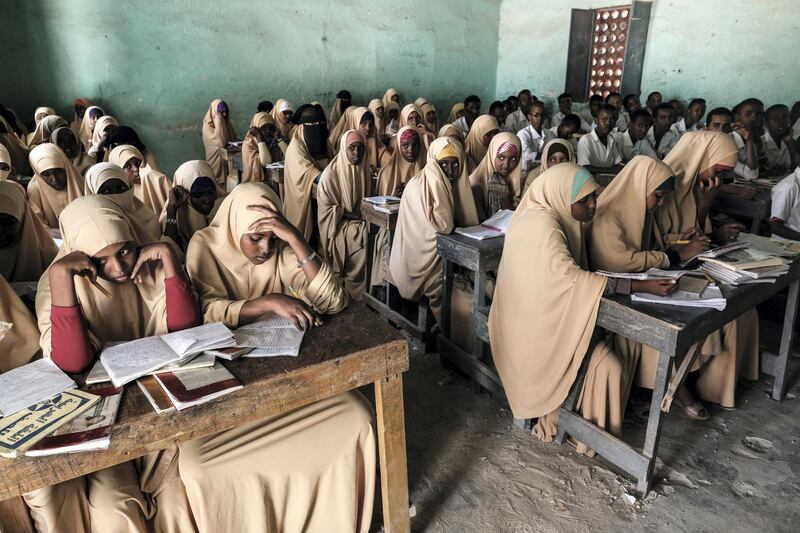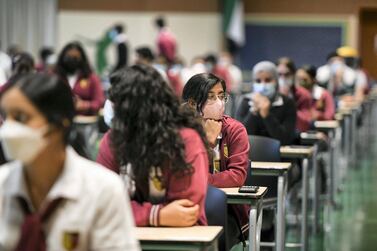World leaders were on Wednesday urged to encourage millions of girls into education to help transform their lives and boost national economies.
With 100 days until the UK and Kenya host the Global Education Summit, the two nations reminded people of the event's bold ambitions.
Britain's foreign office and Prime Minister Boris Johnson championed the education of girls as the key to preventing exploitation and unlocking their potential.
“In the next five years, the UK wants to see 40 million more girls in school and 20 million more girls reading by the time they are 10,” the foreign office said in a tweet on Wednesday.
The tweet explained some of the thinking behind the summit and its funding of the Global Partnership for Education.
It’s 100 days until the UK and Kenya host the Global Education Summit
— Foreign, Commonwealth & Development Office (@FCDOGovUK) April 20, 2021
Find out why educating all girls everywhere is a game changer 👇#GES2021 #RaiseYourHand @GPforEducation pic.twitter.com/4GOLo56dAv
"A child whose mother can read is 50 per cent more likely to live past the age of five, twice as likely to attend school themselves, and 50 per cent more likely to be immunised," it said.
"If every child went to secondary school, infant mortality could be cut in half."
Girls without education are also three times more likely to be married by the time they are 18, while one extra school year can increase a woman's earnings by a fifth.
"Education empowers women to choose if, when and how they have children. If all girls had a secondary education, child pregnancy could fall by 60 per cent," the foreign office said.
Kenya has made education a central plank on its road to industrialisation and is breaking down barriers to enrol as many girls as there are boys in schools.
"An educated population is a country's most valuable resource," Kenyan President Uhuru Kenyatta said.
"GPE has been a key partner in helping us invest in innovative solutions to get all our children – especially girls – learning."
The Global Education Summit will take place in London on July 28 and 29.









